The Future of Fire Protection for Homes and Businesses
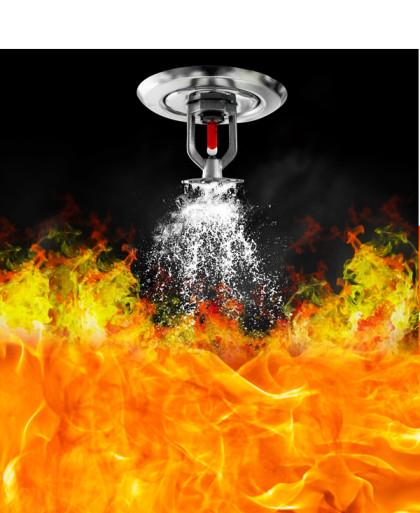
How Do Fire Sprinkler Systems Work?
Fire sprinkler systems are more than just pipes and sprinkler heads. When heat from a fire reaches a certain temperature, usually around 155°F (68°C), the sprinkler heads are activated. They don’t all go off at once, as many people think; instead, each sprinkler head operates independently, targeting only the area affected by fire.
Types of Fire Sprinkler Systems
- Wet Pipe Systems: The most common type, wet pipe systems have water ready in the pipes, allowing for immediate response when a sprinkler head is activated.
- Dry Pipe Systems: Instead of water, dry pipes are filled with air or nitrogen. When a fire is detected, the air is released, allowing water to flow into the pipes and out through the sprinklers.
- Pre-Action Systems: These systems are a combination of dry and wet pipes and require two triggers before releasing water.
- Deluge Systems: Designed for high-risk areas, deluge systems discharge water from all sprinkler heads simultaneously, making them ideal for areas where fire could spread rapidly.
Benefits of Installing Fire Sprinkler Systems
The benefits of fire sprinkler systems are numerous and undeniable. Not only do they save lives, but they also provide peace of mind for homeowners and business owners alike.
Protection of Lives and Property
Fire sprinkler systems are proven to reduce fatalities and injuries by controlling fires before they can escalate. This rapid response prevents fires from growing into full-scale disasters. In fact, studies show that buildings equipped with sprinklers have a significantly lower rate of fire-related deaths.

Cost-Effective in the Long Run
While the upfront cost of installation may seem daunting, fire sprinklers are a long-term investment. They can lower insurance premiums, reduce fire damage costs, and, most importantly, protect irreplaceable property.
Fire Sprinkler Systems for Homes
Many homeowners are under the impression that fire sprinkler systems are unnecessary or too expensive. However, the truth is that these systems are affordable and increasingly accessible for residential properties.
Common Misconceptions About Home Sprinkler Systems
One common myth is that fire sprinklers will flood a house in the event of a fire, causing more damage than the fire itself. In reality, each sprinkler head operates independently, and only the ones directly above the fire will activate. Another misconception is that installing these systems is costly. However, when factoring in the potential savings from reduced fire damage and lower insurance premiums, it becomes clear that the investment pays off over time.
Fire Sprinkler Systems for Businesses
For businesses, fire sprinkler systems are not just a safety feature but often a legal requirement. Depending on the type of business and building regulations, fire protection systems are mandatory in many regions.
Custom Fire Protection Solutions for Businesses
Different businesses have different needs. For instance, a warehouse storing flammable materials will require a more robust system than a typical office building. Fire protection systems can be tailored to suit any business, ensuring compliance with safety standards and minimizing fire-related risks.
The Role of Technology in Modern Fire Sprinkler Systems
As technology evolves, so too do fire sprinkler systems. Modern systems are now incorporating automation, remote monitoring, and smart technology that can detect potential fire hazards before they escalate. These innovations are making fire protection smarter, faster, and more reliable.
Maintenance and Regular Inspection
Like any other safety system, fire sprinklers require regular maintenance to ensure they function properly. Inspections should be conducted by professionals who can check for leaks, corrosion, and ensure that sprinkler heads are clear of obstructions.
How Often Should Fire Sprinkler Systems Be Inspected?
The general recommendation is to have fire sprinkler systems inspected at least once a year. Regular maintenance not only ensures compliance with fire safety codes but also guarantees that the system will work efficiently in an emergency.
Environmental Impact of Fire Sprinkler Systems
There is a growing concern about water usage, but modern fire sprinkler systems are designed to minimize environmental impact. Newer systems are more efficient, using less water while still controlling fires effectively.
The Future of Fire Sprinkler Systems
With advancements in smart technology and increased awareness of fire safety, the future of fire sprinkler systems is looking bright. We can expect to see even more innovative designs that incorporate sustainable practices, such as systems that recycle water or use less energy during activation.
Conclusion
Fire sprinkler systems are becoming an essential part of fire safety for both homes and businesses. Their ability to save lives, reduce property damage, and provide peace of mind makes them a crucial investment for the future. As technology continues to evolve, these systems will only become more efficient, making fire protection more accessible and effective for everyone.
Sendhamarai Engineering Private Limited
For More Details : 1800 120 227447 | info@sendhamarai.com
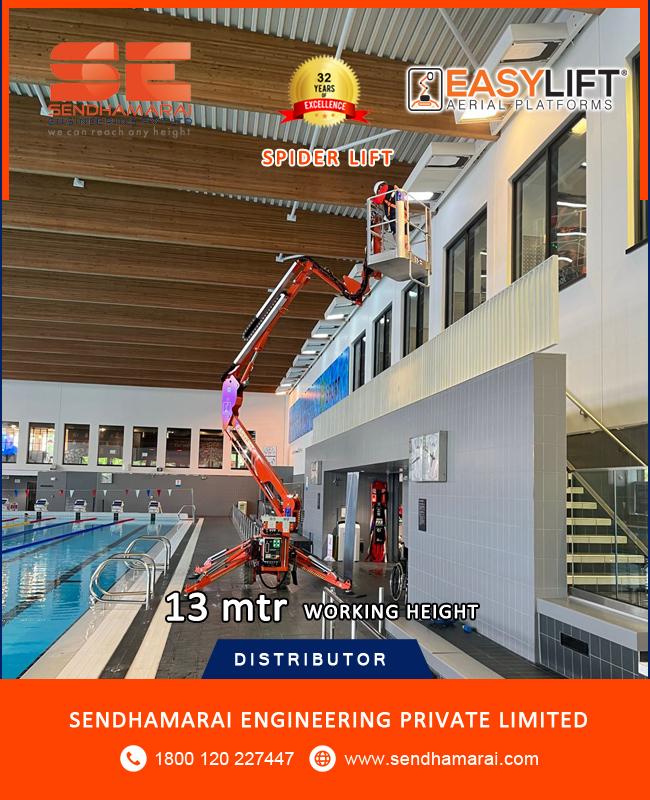
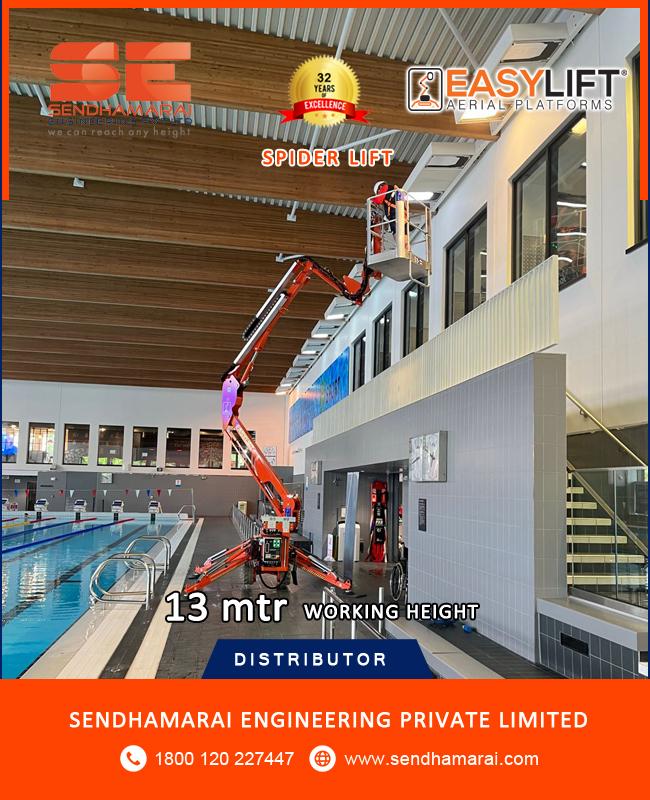
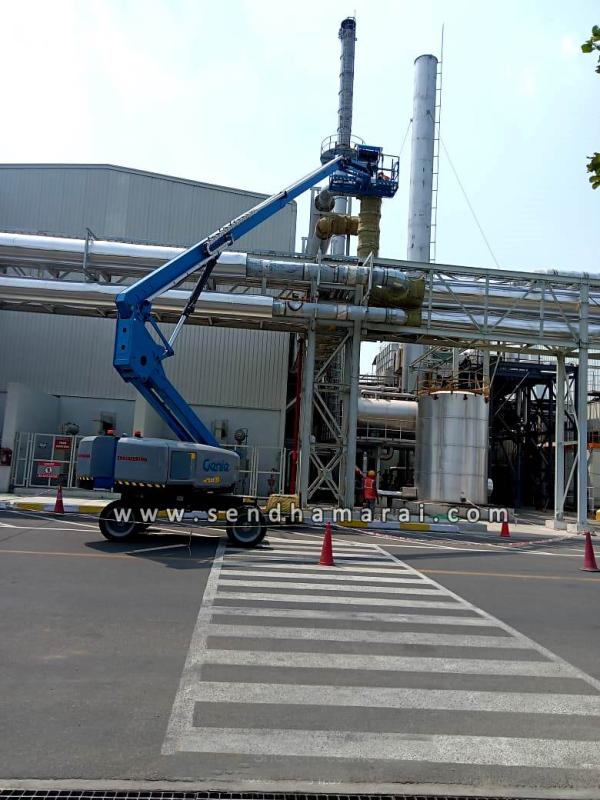
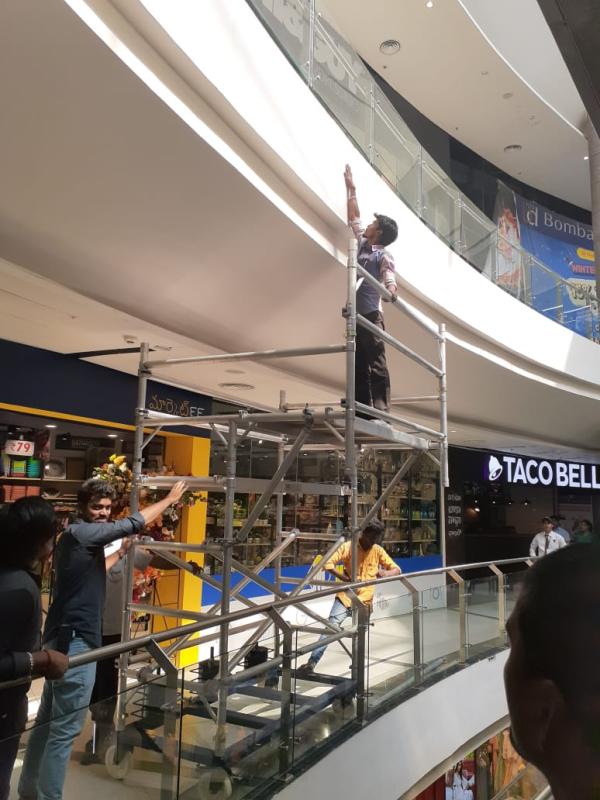
Comments